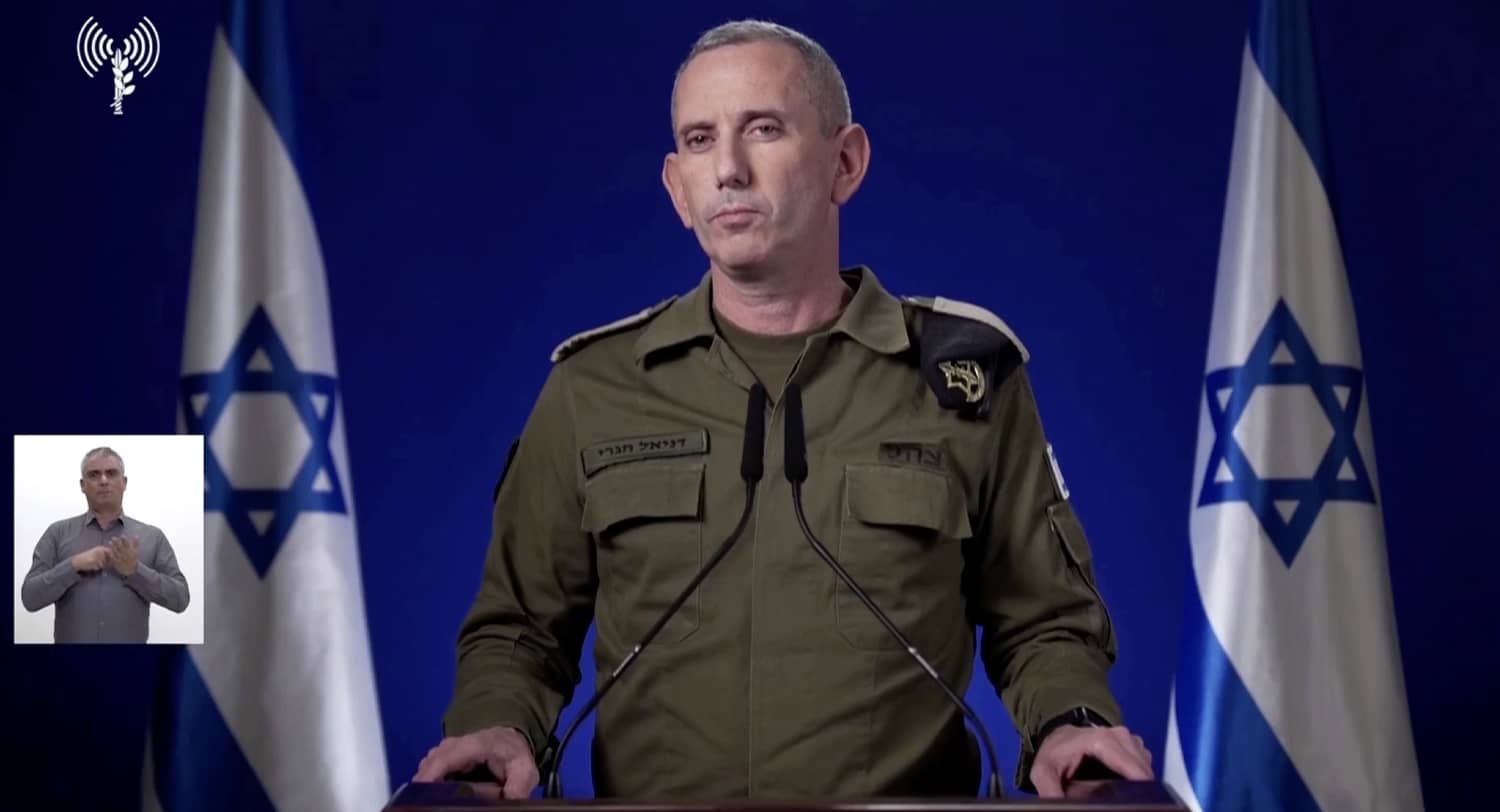Ksenia Svetlova laid out, in exquisite detail in this journal, the challenges Israel faces and many of its failures in the realm of information warfare. Unfortunately, the situation is worse than she portrays. In my view, many shortcomings are not just failures of policy execution or of imagination, as Svetlova describes, but rather the deliberate disregard by successive Israeli governments of crucial elements of information warfare.
“Information struggle,” to use the Russian term Informatsionnoe Protivoborstvo, even on its own, can achieve strategic results that influence the conduct of military operations. To achieve information superiority if not supremacy, a belligerent must execute a coherent strategy on a 24/7/365 basis during both peacetime and wartime. To win the information war, such a strategy cannot be improvised once hostilities have begun.
The growing international pressure for a cease-fire, despite Hamas’ numerous violations of the earlier pause, provides an example of how coordinated information operations can force strategic outcomes on behalf of one or another of the belligerents. While Western media outlets are saturated with calls for a cease-fire and protests against Israel’s conduct of the war, little or no Israeli argumentation is to be found despite the outstanding efforts of the IDF’s military spokespersons to respond piecemeal.
Among its information failures I have seen in the United States, Israel has not invested sufficiently in presenting its side of the story to college students, and the left in general. Israel has also largely ignored Reform, Conservative, and non-affiliated Jewish audiences. I have witnessed high-ranking Israeli foreign ministry officials state privately and publicly to American audiences that since Reform and Conservative Jews will disappear within a generation or two, we don’t take account of them.
Since American Jews generally gravitate to the left, especially among younger constituencies, this failure to engage Reform Jews represents a compounded failure. Not surprisingly these groups are now in the forefront of anti-Israel protests abroad. Perhaps worse yet, most of these protestors have little or no knowledge of the history or current issues at stake in this war and are thus entirely malleable material in the hands of organized movements. Recent polls showed that most protesters voicing the chant “Palestine from the river to the sea” don’t even know which sea they are talking about. Certainly few, if any of these protesters have any understanding of contemporary war or what General Rupert Smith long ago called ”war among the people.” As a result, they are easily mobilized against Israel’s supposed genocide and atrocities.
Thus, they cannot counter the organized propaganda and intimidation unleashed by antisemitic college organizations, often financed by dark web, untraceable, Iranian, or other foreign funding sources They are either quite ignorant of the issues and facts, unwilling or unable to learn them, or far too easily intimidated by more vocal and aggressive pro-Palestinian movements.
I have spoken to college audiences composed of students who volunteered to defend Israel on campuses or elsewhere only to be told that these committed pro-Israeli students did not ask any questions because they did not know enough to ask questions. It is no surprise that in many colleges and universities, if not other public fora, nobody was able or willing to stand up to antisemitic provocateurs.

Hamas and its partisans enjoy superior organization regarding the information dimension of the current war. For example, on the night of October 7, the day of Hamas’ massacre, 34 student organizations at Harvard issued a circular blaming Israel entirely for Hamas’ pogrom. Anyone familiar with American university life knows how difficult it is to get one organization to coordinate a position, particularly over a weekend, let alone 34 such groups. This event, one of many on campuses and across the left, indicates excellent organization. There does not appear to have been any systematic Israeli information campaign here or on college campuses before October 7 ready to provide a counter-narrative, and it is doubtful if there is one now.
Russian and Chinese writings about information warfare say that it can, under certain circumstances, effectuate major strategic outcomes all by itself, not to mention its impact when joined to well-conceived military operations. At present it appears that, according to official statements, Israel may be on the verge of a major victory where military proficiency has rescued the government from the folly of its information policies.
Israel’s post-war accountability review should rethink contemporary warfare and the need for an integrated and constant information policy at home and abroad. As others have done, Israel should embrace the increasing role of information in modern warfare as a strategic instrument.
The review should seek reforms intended to begin the process of repairing Israel’s international standing as a strategic goal essential to long-term security; better information warfare is a key element in this goal.
Likewise postwar reviews must come to grips with the need to revise the military’s emphasis on getting the job done tactically at the expense of strategic outcomes and to the depreciation of strategic thinking. If Israel fails to think and act strategically including in information warfare, then the tactical victory achieved by the IDF will gain little, as Israel will have to confront a revived Hamas or its legatee.
The achievement of victory, if indeed it is coming, represents an enormous opportunity for Israel to restore its deterrence, crush Hamas, and deal a major blow to Iran’s “axis of resistance.” More than that it also represents a major opportunity to enhance Israel’s and the Middle East’s overall security while also proving that in regard to terrorists obsessed with destroying the nation and the state there is no substitute for victory. On the other hand, if the complacent policies that led to the debacle of October 7 remain in place, then Israel will have to relearn the full bitterness of Plato’s insight more than two millennia ago that “only the dead have seen the end of war.”



